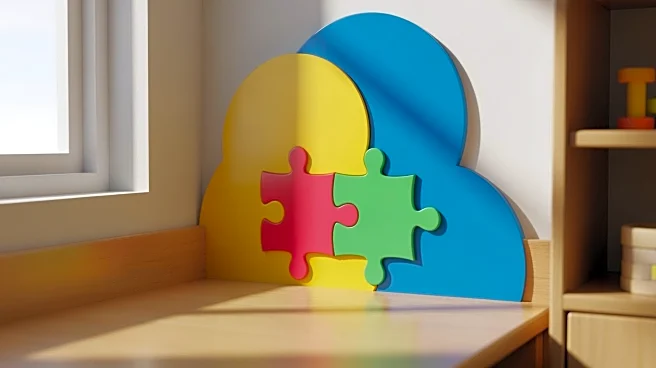What is the story about?
What's Happening?
A combination of high borrowing costs, limited job opportunities, and economic uncertainty is causing many U.S. households to feel immobilized, unable to buy homes, change jobs, or relocate. Despite the Federal Reserve's recent interest rate cut, aimed at boosting economic activity, many Americans remain affected by stagnant job growth and rising inflation. Monthly home sales have reached lows reminiscent of the Great Recession, and job-switching, a key driver of wage growth, has stalled. This economic inertia is particularly challenging for recent graduates and the unemployed, who struggle to find stable employment and affordable housing.
Why It's Important?
The current economic stagnation has broad implications for U.S. society, affecting individuals' ability to progress in their careers and secure financial stability. The lack of mobility in the housing and job markets can hinder economic growth and exacerbate income inequality. As people remain in their current positions and homes, it limits the dynamism needed for a healthy economy, potentially leading to long-term economic challenges. Policymakers and businesses must address these barriers to ensure economic opportunities are accessible to all Americans.
What's Next?
The Federal Reserve and government officials may need to implement additional measures to stimulate job creation and housing market activity. Addressing the underlying causes of economic stagnation, such as tariffs and inflation, will be crucial in restoring consumer confidence and mobility. Businesses may also need to adapt their strategies to attract and retain talent, while individuals navigate the challenges of finding employment and affordable housing.














